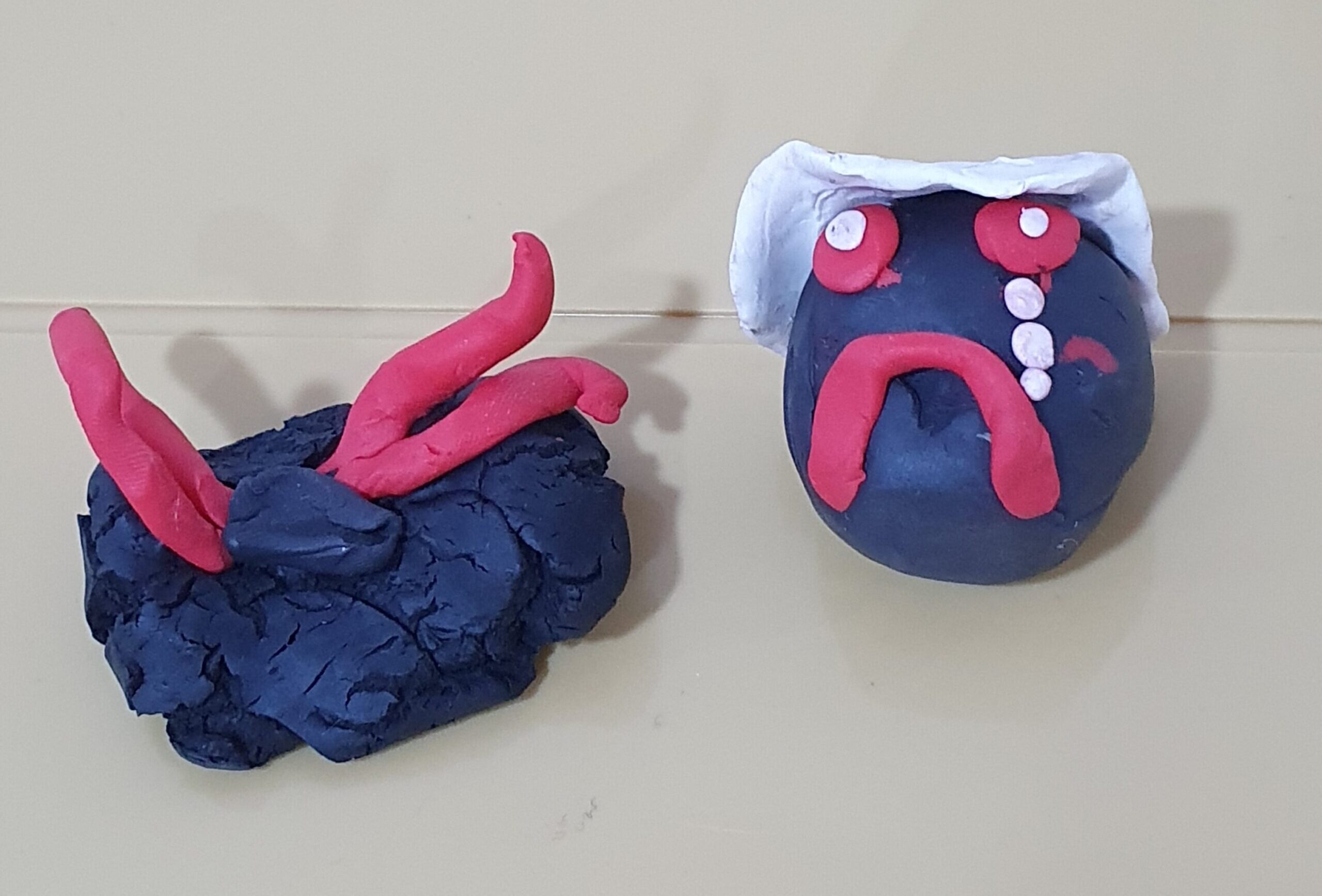In a recent example of effective, equitable partnerships, action research methods shared by IDS have contributed to improving social assistance practices that were distressing local people.
The change was the result of partnership working between IDS Research Fellow Jackie Shaw and IDS Research Officer Brigitte Rohwerder and a research organisation – Pasewan (‘guardian’ in English) – based in the Kurdish Region of Iraq. The partnership is part of the IDS-led Better Assistance in Crisis (BASIC) research programme.

IDS shared creative participatory action research methods with Pasewan in a project to explore the experiences of marginalised communities that receive social assistance, including women living with disabilities and rural youth.
Six local people, all women with disabilities and/or rural youth, were trained as peer researchers to help the project to co-produce knowledge along with 22 research participants from these communities. The participants described their unhappiness at the way social assistance providers had been using unauthorised photos or videos of them in marketing and fundraising efforts.
According to the Pasewan director Harem Karem: “The IDS research unravelled our preconceptions and enabled community members to articulate their bitter experiences with social assistance.”
Unlike previous consultations that disregarded community views, the BASIC project supported individual and collective analysis of the problems and possible solutions. The participants developed an action plan, including a social media campaign that won huge public support and prompted invitations to appear on prime time television.
Social assistance providers were put under significant pressure to change their practices and campaigners now hope that legislative reform may follow.
